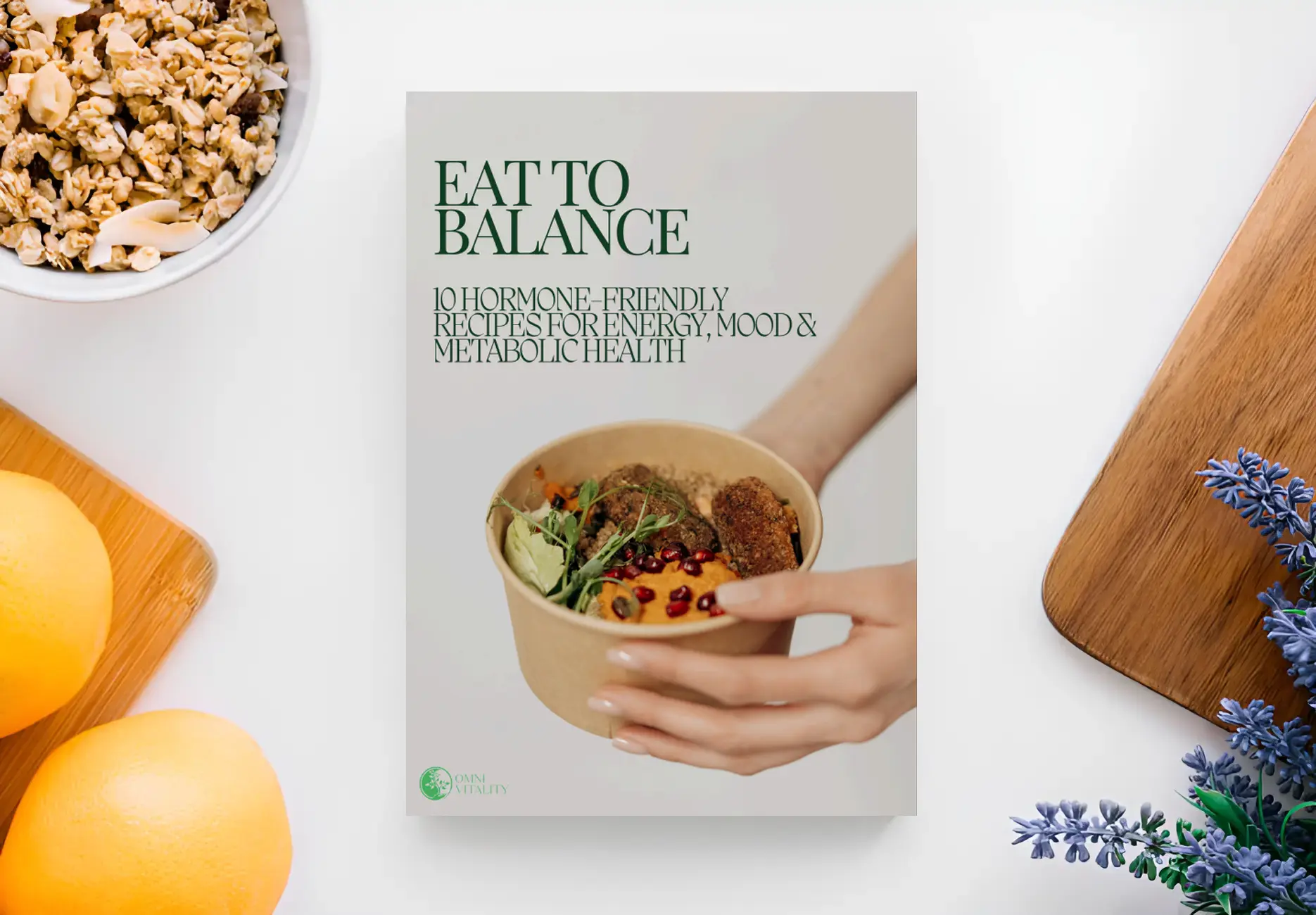Women commonly feel tender, achy, heavy, burning, sore breasts or nipple pain during the premenstrual period.
And just like other symptoms of PMS, I want to tell you that it is not normal.
Let me explain: breast tenderness and pain are another way your body communicates about an underlying hormonal imbalance.
Estrogen dominance is usually the culprit at play, causing an increase in fluid and swelling in your breasts. This imbalance in oestrogen and progesterone is another cause of other symptoms like cramps, headaches, PMS chest, and back pain which many women experience a week before their menstruation.
PMS breast pain solution and home remedies:
- Decrease your intake of added sugars, as these can worsen hormone imbalances and breast tenderness before the onset of your period.
- Drink at least two litres of fluids daily (only water and herbal teas count towards this amount). And include plenty of fibre found in foods like vegetables, beans, pulses, fruit, nuts, and seeds to get your gut moving. These simple steps can help the body dispose of the excess oestrogen.
- Ensure that your daily meals include such veggies as broccoli, cauliflower, and kale - all cruciferous vegetables that help the liver process oestrogen.
- One more natural way to help reduce the impact of oestrogen and assist with its elimination is to consume two tablespoons of freshly ground flaxseeds daily. Try adding ground flaxseeds to your porridge or smoothie as an easy way to incorporate it into your daily meals.
- Try adding such phytoestrogens as tofu, tempeh, and miso into your daily meals and see their hormonal balancing ability for yourself.

























